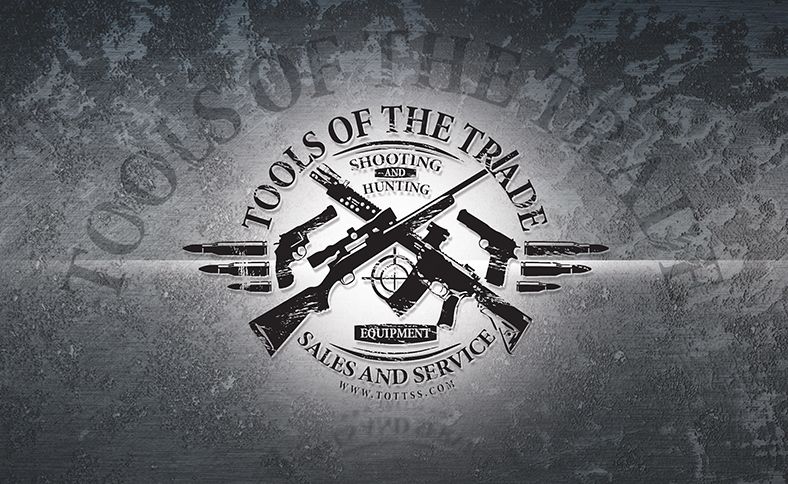John R. Lott Jr
Just 24 hours after the shooting in Tucson, politicians were calling for more gun control. And the drumbeat has continued.
On Sunday, Sen. Chuck Schumer, D-N.Y., called for using the information supplied on people’s applications to join the military to determine whether they will be banned from buying guns. Sens. Dianne Feinstein, D-Calif., and Richard Lugar, R-Ind., promised a new push for renewing at least part of the federal assault weapons ban. The previous week had been filled with calls for everything from gun show regulations to a thousand-foot gun-free zone around politicians.
But while the emotional reaction to a mass shooting is understandable, the fact is that some of the proposals would at best only make people feel better and at worst make them less safe.
Schumer’s proposal, for example, would try to pick up criminal activities included in military applications for which there are no criminal convictions. But the military has a good reason to maintain confidentiality when it interviews new recruits: It wants to get the most honest answers it can.
With Schumer’s proposed change, new recruits would be more reluctant to tell the military that they’d been smoking marijuana, for example, knowing that any answers they gave could haunt them the rest of their lives, with serious consequences such as being banned for life from being able to own a gun.
And while it would be wonderful if these background checks were able to keep pot smokers, criminals or the insane from getting guns, existing regulations have been extremely ineffective at keeping those prohibiting from buying guns from getting them.
Indeed, the evidence shows that the only people inconvenienced by the Brady Act background checks for gun purchases — which have been in place since 1994 — are law-abiding citizens. In fact, over 99.9 percent of those purchases initially flagged as being illegal under the law were later determined to be misidentified.
Take the numbers for 2008, the latest year for which data are available. The 78,906 initial denials resulted in only 147 cases involving banned individuals trying to purchase guns. Of those 147 cases, prosecutors thought the evidence was strong enough to proceed on only 105, and they won convictions in just 43. But few of these 43 cases stopped career criminals or those who posed real threats. The typical case was someone who had misdemeanor convictions for an offense he didn’t realize prevented him from buying a gun.
Given this, it’s not surprising that no academic studies by economists or criminologists have found that the Brady Act or other state background checks have reduced violent crime.
Just as futile would be reinstituting the parts of the assault weapons ban limiting magazine size. No research by criminologists or economists has found that the either the assault weapons ban or the magazine-size restrictions reduce crime. This is not surprising, as magazines are simply small metal boxes with a spring and are thus very easy to make. Besides, someone planning to harm a large number of people can easily bring two or more loaded guns.
A proposal by Rep. Peter King, R-N.Y., is probably the stupidest. King and gun control groups want a 1,000-foot gun-free zone around politicians and senior government officials. To many, if you want to make an area safe, simply ban guns. But when you don’t have metal detectors moving around at a 1,000-foot distance from politicians as they walk down the street, who is going to obey this ban? The bad guys with guns will be the only ones who end up right next to the politician.
Clearly, criminals don’t obey gun-free zones. And, likewise, they do not respect gun bans, as was seen in the increased murder rates in Chicago and Washington, D.C., following their handgun bans. The recent 36 percent drop in murder rates in D.C. right after the Supreme Court struck down its gunlock and handgun ban laws provides even more evidence.
Supporters blame those gun ban failures on the ease of getting guns in the rest of the country. They claim that unless the ban covers the entire country, it isn’t a fair test of how well a ban will work. Still, that doesn’t explain why gun bans actually increase, rather than decrease, murder rates. As I demonstrate in my third edition of “More Guns, Less Crime,” even in island nations such as Ireland, the U.K. and Jamaica — with easily defendable borders — gun bans have failed to stop drug gangs from obtaining both drugs and guns (see the figures here). In Australia, murder rates were flat after many types of guns were banned in 1996.
Fortunately, polls indicate that voters have become more educated about the problems surrounding these knee-jerk, quick-fix solutions. A new Quinnipiac University Polling Institute poll found that a slim 9 percent believe the Tucson shootings could be blamed on lenient gun control laws.
Yes, mentally unstable people and violent criminals ought not to possess guns. But the new laws being offered will create more problems than solutions.
John R. Lott Jr. is a Fox News.com contributor. He is an economist and author of the revised edition of “More Guns, Less Crime” (University of Chicago Press, 2010).

